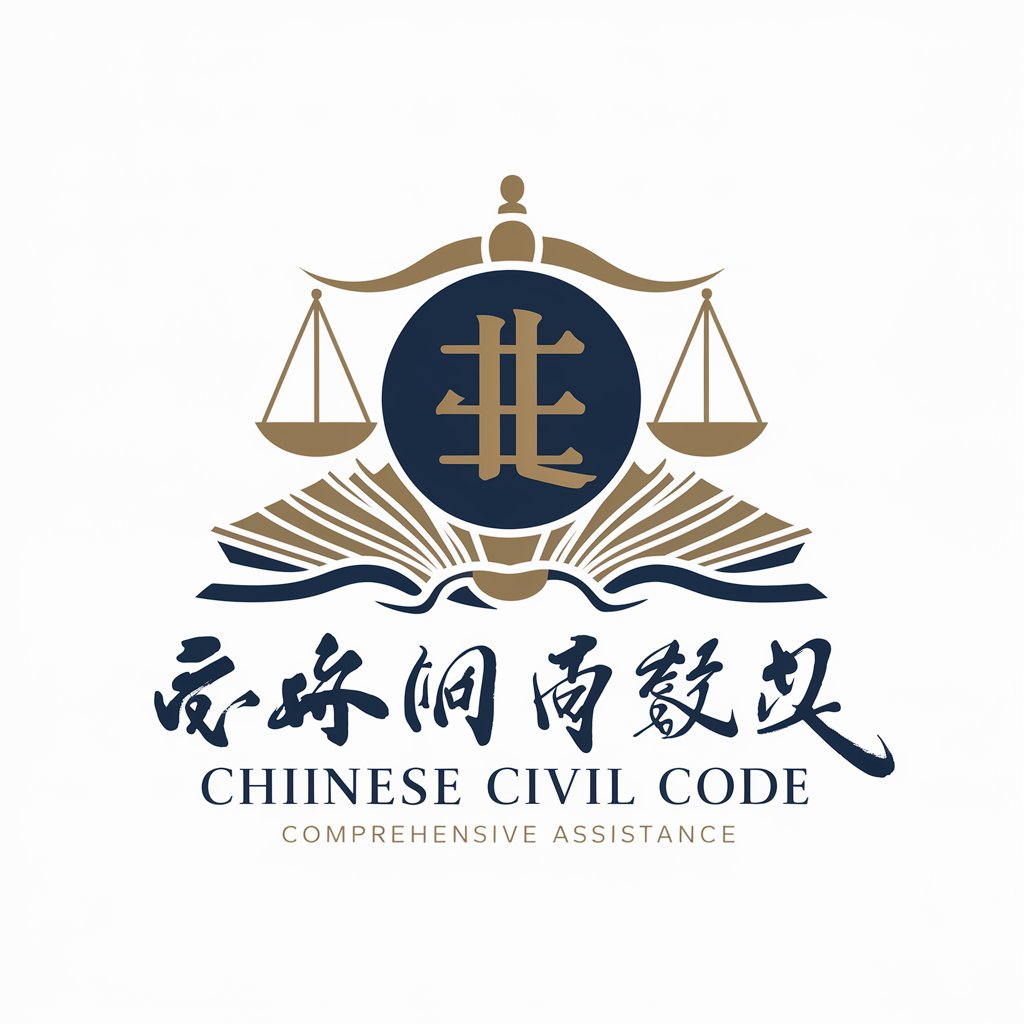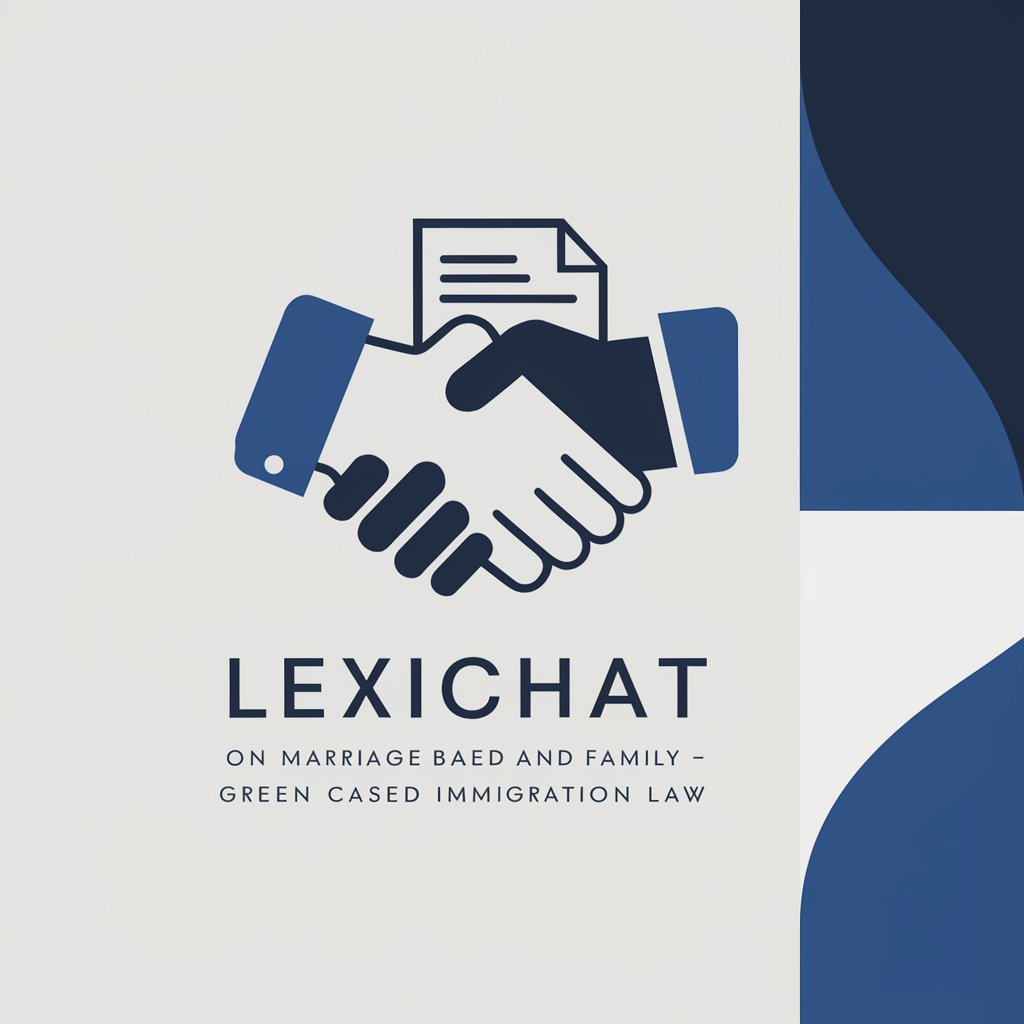3 GPTs for Law Assistance Powered by AI for Free of 2025
AI GPTs for Law Assistance are advanced artificial intelligence tools designed to provide support and solutions in legal contexts. Utilizing Generative Pre-trained Transformers (GPTs), these tools are tailored to assist with a wide range of legal tasks, from document analysis to legal research, contract generation, and compliance checks. By leveraging the vast knowledge base and natural language processing capabilities of GPTs, these tools offer precise, context-aware assistance to legal professionals, thereby enhancing efficiency and accuracy in legal workflows.
Top 3 GPTs for Law Assistance are: Conseiller Juridique,中国民法典助手,LexiChat
Essential Attributes of Legal AI Assistants
AI GPTs for Law Assistance excel in adaptability, offering features that range from simple query responses to complex legal analysis. Key features include natural language understanding for interpreting legal documents, capability to generate legal texts and summaries, support for legal research by finding relevant precedents and laws, and data analysis for identifying patterns and insights in legal cases. Additionally, some tools offer technical support for integrating with existing legal software, web searching for up-to-date legal information, and image creation for visualizing legal concepts or evidence.
Who Benefits from Legal AI Assistants?
The primary beneficiaries of AI GPTs for Law Assistance include legal professionals such as lawyers, paralegals, and law students who seek to streamline their research and documentation processes. Additionally, developers in the legal tech space can customize these tools to create specialized applications. The tools are designed to be user-friendly for those without programming knowledge, while also offering advanced features for tech-savvy users, making them accessible to a broad audience within the legal sector.
Try Our other AI GPTs tools for Free
Educational Articles
Explore AI GPT tools tailored for educational articles, designed to support educators, students, and creators with adaptive, high-quality content generation and analysis.
Church Consultation
Discover how AI GPTs for Church Consultation can transform your religious organization with tailored support for management, engagement, and pastoral care.
Creation Discussion
Discover how AI GPTs for Creation Discussion can transform your creative process with advanced features like idea generation, multilingual support, and image creation.
MathLive Customization
Discover AI-powered GPT tools for MathLive, enhancing digital math interaction with customized, intelligent features for all users.
CortexJS Implementation
Discover AI GPTs for CortexJS Implementation: tailored AI solutions designed to revolutionize computational mathematics through advanced understanding and execution of complex tasks.
PR Creation
Discover how AI GPTs revolutionize PR Creation, offering tailored content generation, strategic analysis, and seamless integration for impactful communications.
Expanding Legal Horizons with AI
AI GPTs for Law Assistance are revolutionizing the legal sector by providing customizable solutions that enhance efficiency and accuracy. Their ability to adapt to various legal tasks, combined with user-friendly interfaces, makes them a valuable asset for integrating into existing legal workflows. These tools not only save time but also open new possibilities for legal research, document management, and compliance monitoring, thereby empowering legal professionals to focus on strategic aspects of their work.
Frequently Asked Questions
What are AI GPTs for Law Assistance?
AI GPTs for Law Assistance are AI tools specifically designed to support legal tasks through natural language processing and data analysis.
How can AI GPTs enhance legal research?
They can quickly sift through vast amounts of legal documents, identify relevant case laws and statutes, and summarize findings, thus speeding up the research process.
Can AI GPTs generate legal documents?
Yes, they can draft various legal documents, including contracts, pleadings, and legal notices, by following specified guidelines and formats.
Are these tools accessible to non-technical users?
Absolutely, AI GPTs for Law Assistance are designed with user-friendly interfaces that do not require programming knowledge to operate.
Can developers customize these AI tools for specific legal applications?
Yes, developers can utilize APIs and programming capabilities to tailor the tools for specific legal tasks or integrate them into existing systems.
Do AI GPTs for Law Assistance stay updated with current laws?
While AI tools can access and utilize the most current information available in their training data, regular updates and oversight by legal professionals are necessary to ensure accuracy and compliance with the latest laws.
How do AI GPTs ensure data privacy and security in legal contexts?
AI GPTs are designed with advanced security measures to protect sensitive information, complying with data protection regulations and ethical guidelines.
What are the limitations of AI GPTs in legal assistance?
While AI GPTs offer significant advantages, they cannot replace human judgment and are best used as a supplement to the expertise of legal professionals.


